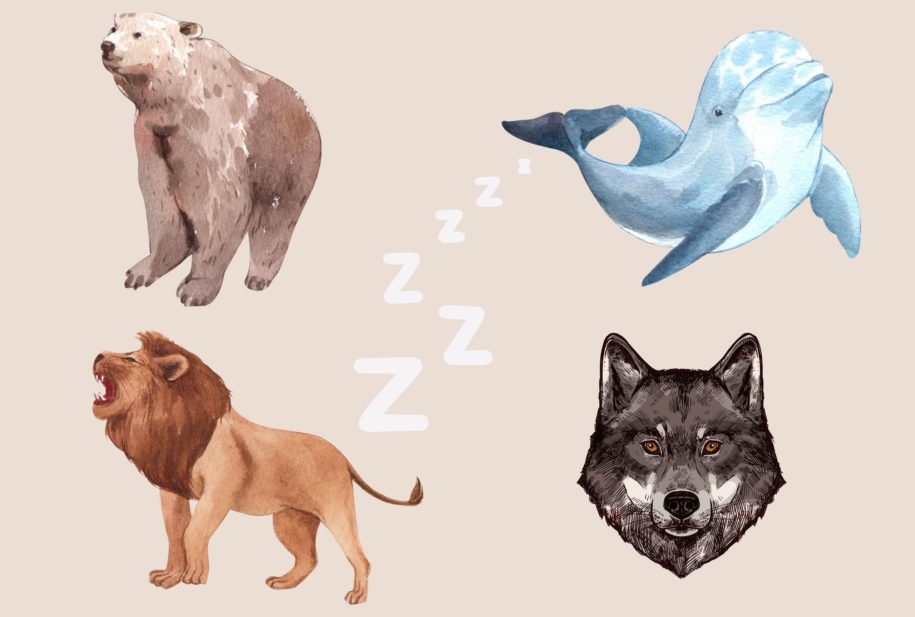So you’re either an early bird or a night owl? We’ve all heard the saying and while it does hold true that some of us function much better in the morning and others gain their energy at night there is an in-between that is not often discussed.
Here is where your chronotype comes into play. A chronotype is your body’s natural disposition to be awake or asleep. It is closely related to your circadian rhythm (which controls your sleep/wake cycle and certain hormones such as melatonin). Primarily influenced by light exposure, our circadian rhythms tend to rise and set with the sun contributing to feelings of sleepiness and wakefulness.
Unlike our circadian rhythm, our chronotypes are influenced more by our genetics, age and environment rather than the sun.
Your chronotype does not only influence your sleeping patterns, it affects your day to day life such as your appetite, core body temperature, productivity windows, exercise patterns and even your sex life. Understanding your chronotype can help you map out and plan your day better so that you complete tasks when you feel your most productive and energetic, ultimately propelling you to success.
The Four Chronotypes
Sleep Doctor Dr. Michael Breus has broken down the original known chronotypes (early birds and night owls) further and created four chronotypes that indicate a person’s sleep cycle. Each of the chronotypes have different schedules and windows of productivity that allow them to function at their very best and follow the same routine as the animal they are named after. The different chronotypes are the dolphin. lion, bear and wolf.
Below I have outlined Dr Michael Breus’s own explanations on each chronotype for you to delve into;
Dolphin
“Of all the chronotypes, Dolphin is the hardest to create a set schedule around, since people with this chronotype tend to have trouble finding a sleep schedule that works for them. People with the Dolphin chronotype tend to be very intelligent, but also high-strung, sensitive sleepers who are often easily disturbed by noise or light. A Dolphin’s fragmented sleep patterns often overlap with symptoms of insomnia, which may or may not be indicative of the disorder itself.
But there is good news for all the Dolphins out there! People with this chronotype have an excellent window of productivity— they tend to get things done between 10AM and 2PM each day.”
Lion
“Early to bed, early to rise is a good way to summarise this chronotype. People with the Lion chronotype tend to wake up early in the morning, and are most productive in the hours before noon. Lions are at their best when they can immediately get started with their day’s to-do list and get things done sooner rather than later. After finishing their day and winding down in the early evening, Lions tend to fall asleep early, usually by 9 or 10 PM.”
Bear
“This is the most common chronotype— about 55 percent of people have the Bear chronotype. People with this intermediate chronotype are generally most productive before noon, and begin feeling declines in energy in the late afternoon, and begin winding down for sleep in the early evening. The sleep-wake cycle of Bears is aligned with the sun, so it’s more natural for them to rise and set with the sun as well.”
Wolf
“Odds are, we know someone who is not a morning person. These people almost certainly have the Wolf chronotype.People with the Wolf chronotype are most energetic waking up later in the day. They are most productive between noon and 4PM, and also get a boost of energy during the evening.”
Although we can’t change or alter our chronotype, not everyone will fit exactly into one or the other. Chronobiology is complex and dynamic, just like each of us are and we can shift our chronotype slightly with age (think of the teenage ‘wolf’ stage and the newborn parent ‘dolphin’ stage).
If you feel you are at an in between chronotype phase, there are things you can do to ensure you still get great quality sleep like the following;
- Avoid eating too close to bedtime to ensure your body has had time to fully digest your meals
- Avoid caffeine intake after midday – it takes your body roughly 12 hours to digest caffeine, in fact consuming caffeine six hours before bedtime can reduce your overall quality and quantity of sleep by up to 41 mins.
- Consistency is key – stick to a consistent bedtime routine (yes even on the weekends) and work with your chronotype to ensure a routine that works for you
